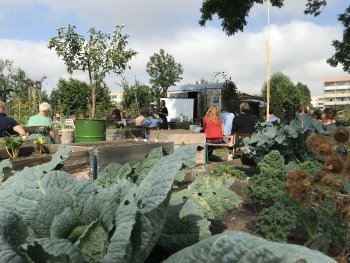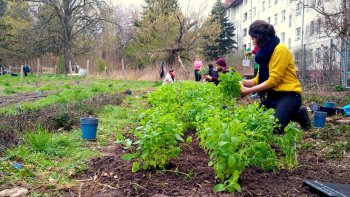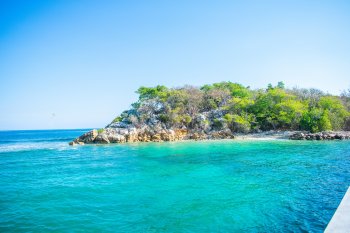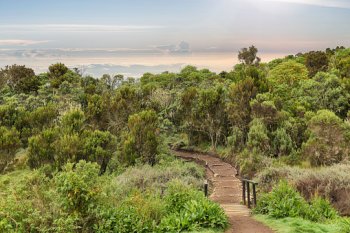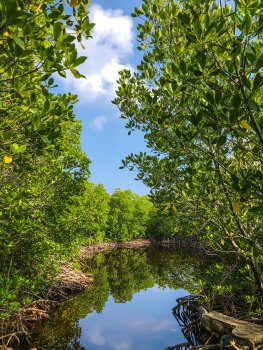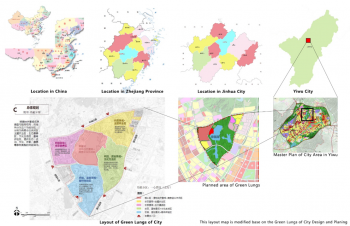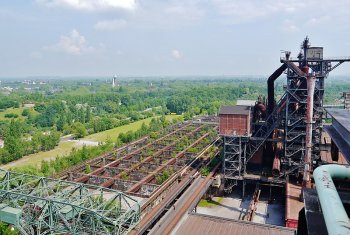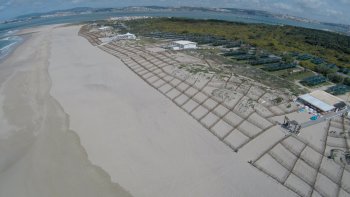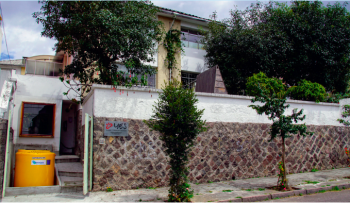Edible Landscaping
Explore how to best maintain existing areas of edible urban greenery - and integrate new ones - into the area, as well as how these green spaces can be used to connect the existing neighbours with the new ones by providing spaces for community gardening, togetherness and knowledge exchange.

